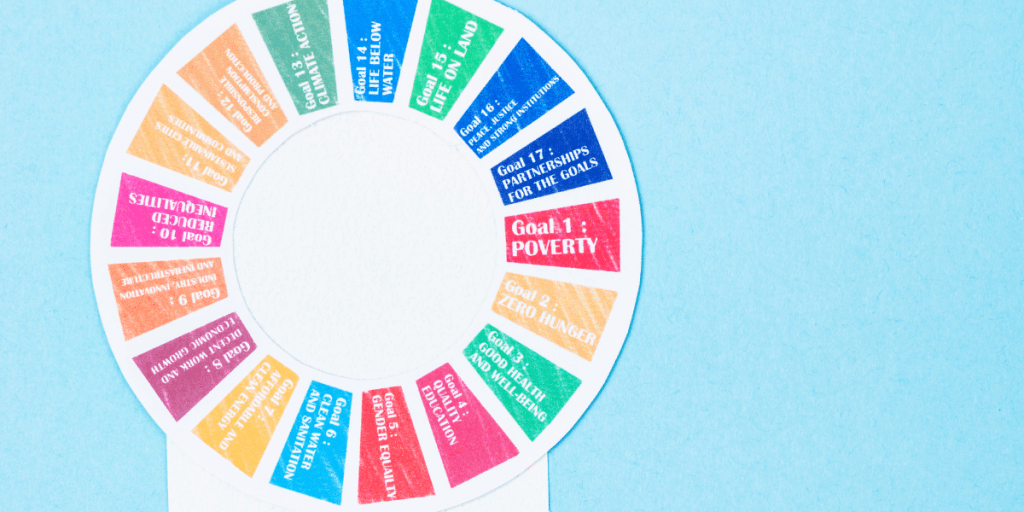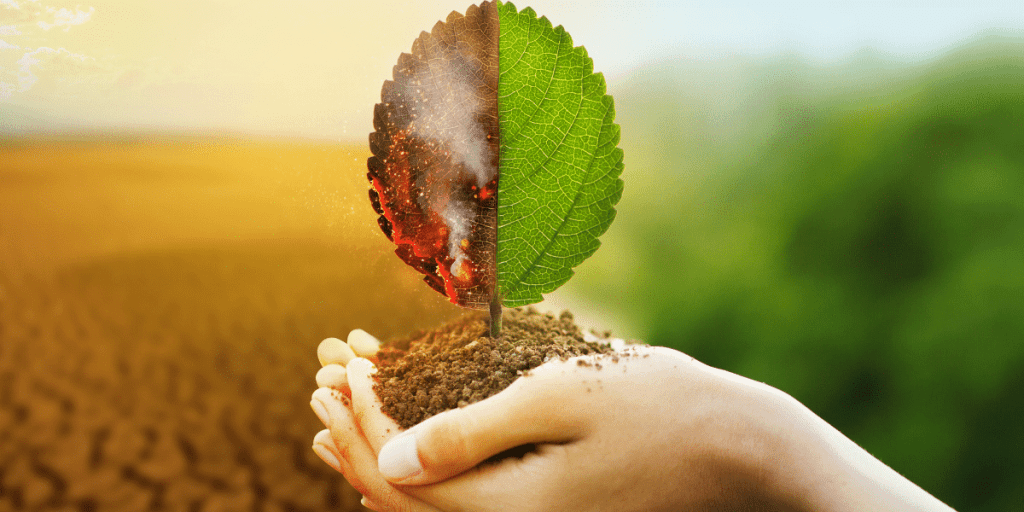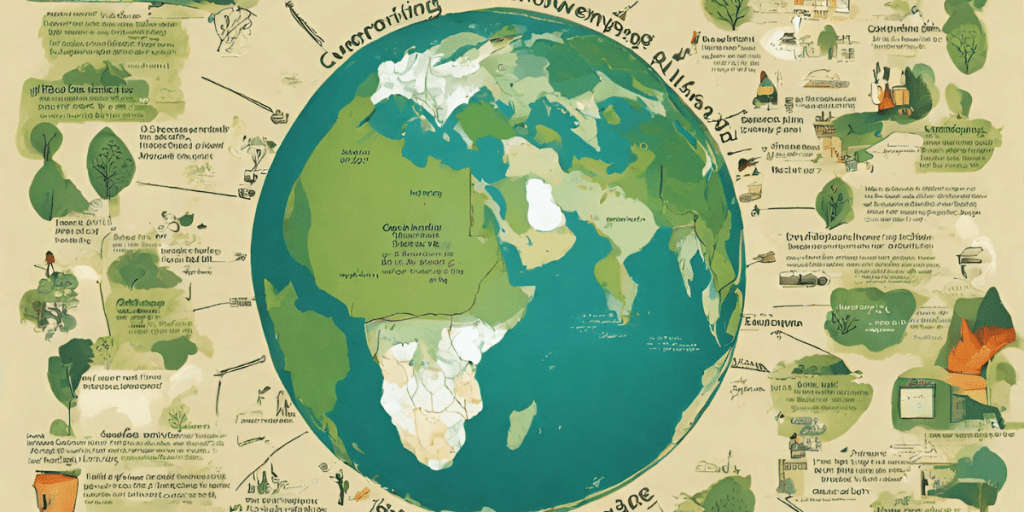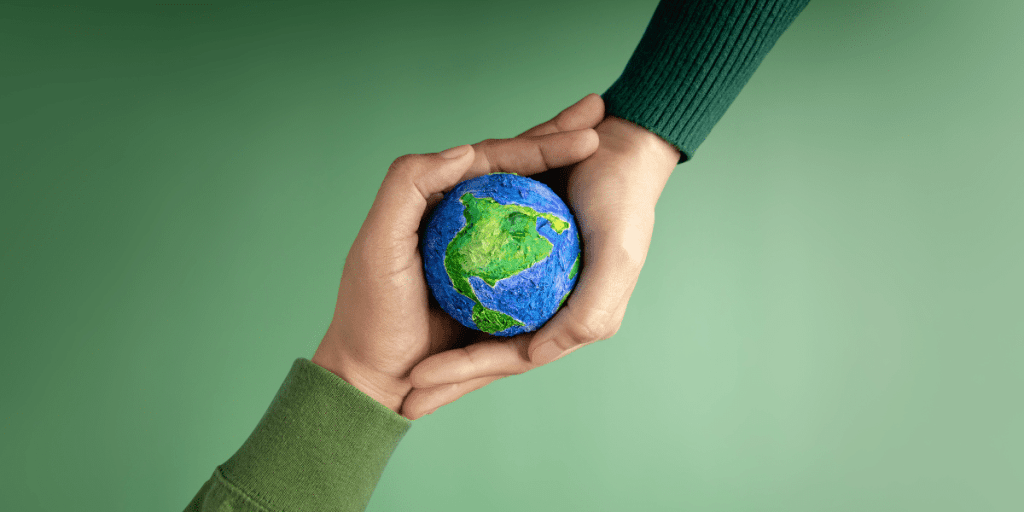Understanding Sustainable Living
Sustainable living is a lifestyle that aims to reduce an individual’s or society’s use of the Earth’s natural resources and personal resources. It is a way of life that promotes the long-term well-being of the environment and its inhabitants. Understanding sustainable living involves recognizing the interconnectedness of actions and their impacts on the environment. This lifestyle encompasses various aspects, including energy consumption, waste management, transportation, and food choices. By embracing sustainable living, individuals can contribute to the preservation of the planet and create a more sustainable future for generations to come.
Embracing sustainable living requires a shift in mindset and a commitment to making conscious choices that support environmental sustainability. It involves considering the environmental impact of everyday decisions, such as the products we purchase, the energy we consume, and the waste we generate. Sustainable living also encompasses practices such as reducing reliance on non-renewable resources, minimizing carbon footprint, and promoting biodiversity. By understanding the principles of sustainable living, individuals can empower themselves to make informed choices that contribute to a healthier planet and a more sustainable future.
Adopting sustainable living practices is essential for addressing the environmental challenges posed by unsustainable lifestyles. Unsustainable practices, such as overconsumption, reliance on fossil fuels, and deforestation, have resulted in ecological imbalances, climate change, and depletion of natural resources. These unsustainable practices have led to environmental degradation, loss of biodiversity, and threats to ecosystems. Understanding the impact of unsustainable practices is crucial for recognizing the urgency of transitioning to sustainable living and mitigating the adverse effects of unchecked resource exploitation.
Introduction to Sustainable Development Goals (SDGs)
The Sustainable Development Goals (SDGs) are a set of global objectives established by the United Nations to address social, economic, and environmental challenges. The 17 SDGs provide a framework for promoting sustainable development and addressing issues such as poverty, inequality, climate change, and environmental degradation. The SDGs encompass a wide range of targets, including ending poverty, ensuring access to clean water and sanitation, promoting sustainable cities and communities, and combating climate change. By aligning individual actions with the SDGs, individuals can contribute to a collective effort to achieve a more sustainable and equitable world.

The SDGs serve as a roadmap for transformative change, aiming to mobilize efforts at the local, national, and global levels to build a more sustainable future. Each goal addresses specific challenges and targets, providing a comprehensive framework for addressing interconnected issues related to social, environmental, and economic sustainability. By understanding the SDGs and their relevance to sustainable living, individuals can identify opportunities to align their actions with the broader agenda of global sustainability. The integration of sustainable living practices with the SDGs amplifies the impact of individual efforts and contributes to the collective pursuit of a more sustainable and inclusive world.
Understanding the interconnectedness of sustainable living and the SDGs highlights the significance of individual actions in driving progress towards sustainable development. By embracing sustainable living practices, individuals can directly contribute to the achievement of multiple SDGs, such as responsible consumption and production, climate action, and sustainable cities and communities. The SDGs provide a universal framework that emphasizes the importance of individual and collective actions in advancing sustainable development, underscoring the pivotal role of individuals in creating positive change and promoting global sustainability.
Individual Actions for Sustainable Living
Individuals play a pivotal role in promoting sustainable living through their everyday choices and actions. Adopting sustainable practices in areas such as energy usage, waste management, transportation, and consumption habits can significantly contribute to reducing environmental impact and promoting resource conservation. By incorporating sustainable living principles into their daily lives, individuals can make a tangible difference in advancing environmental sustainability and supporting the attainment of the SDGs. Empowering individuals to take meaningful actions toward sustainable living is essential for fostering a culture of environmental stewardship and collective responsibility.
Promoting sustainable living requires individuals to embrace a holistic approach that encompasses various aspects of their lifestyles. This may include reducing energy consumption by utilizing energy-efficient appliances, embracing renewable energy sources, and practicing energy conservation habits. Additionally, individuals can contribute to sustainable living by adopting eco-friendly transportation options, such as cycling, walking, or using public transit, to minimize carbon emissions and reduce reliance on fossil fuels. Sustainable living also involves making conscious choices in food consumption, supporting local and sustainable food systems, reducing food waste, and promoting environmentally friendly dietary practices.
Empowering individuals to engage in sustainable living extends beyond personal choices and encompasses advocacy, education, and community engagement. By raising awareness about sustainable living principles and promoting behavior change, individuals can inspire others to embrace environmentally conscious practices and contribute to collective efforts towards sustainability. Engaging in community initiatives, volunteering for environmental causes, and supporting sustainable businesses are effective ways for individuals to amplify their impact and foster a culture of sustainability within their communities. By taking individual actions and inspiring others to join the movement, individuals can catalyze positive change and contribute to a more sustainable future for all.
Sustainable Living in Daily Practices
Embracing sustainable living in daily practices involves integrating environmental consciousness into various aspects of life, including home, work, and leisure activities. Individuals can adopt sustainable practices in their households by implementing energy-efficient measures, reducing water consumption, and practicing responsible waste management. This may involve using energy-saving appliances, installing water-efficient fixtures, composting organic waste, and recycling materials to minimize environmental impact and promote resource efficiency. By making sustainable choices in household activities, individuals can contribute to mitigating climate change and conserving natural resources.
In the workplace, promoting sustainable living entails advocating for environmentally friendly policies, reducing resource consumption, and supporting sustainable business practices. This may include implementing recycling programs, reducing paper usage, promoting telecommuting options, and adopting sustainable procurement practices to minimize environmental footprint and support sustainable development. Encouraging sustainable practices in the workplace not only reduces environmental impact but also fosters a culture of corporate responsibility and social awareness, empowering employees to contribute to a more sustainable future through their professional endeavors.
Sustainable living extends to leisure activities and lifestyle choices, such as travel, recreation, and entertainment. Individuals can embrace sustainable travel practices by choosing eco-friendly transportation options, exploring sustainable tourism destinations, and minimizing the environmental impact of their travel activities. Additionally, incorporating sustainable leisure activities, such as outdoor recreation, eco-friendly hobbies, and participation in environmental conservation initiatives, allows individuals to align their recreational pursuits with sustainable living principles and contribute to the preservation of natural ecosystems. By integrating sustainable living practices into daily routines and activities, individuals can demonstrate a commitment to environmental stewardship and inspire others to follow suit.
Sustainable Living and Environmental Impact
The adoption of sustainable living practices has a direct and positive impact on the environment, contributing to the preservation of natural ecosystems, reduction of carbon emissions, and conservation of biodiversity. By prioritizing sustainable choices in energy consumption, waste management, and resource utilization, individuals can significantly reduce their environmental footprint and promote ecological sustainability. Embracing sustainable living principles in daily life leads to tangible environmental benefits, including improved air and water quality, reduced greenhouse gas emissions, and enhanced resilience of ecosystems to environmental stressors.

The promotion of sustainable living also plays a crucial role in addressing the global challenge of climate change. By reducing reliance on fossil fuels, promoting energy efficiency, and embracing renewable energy sources, individuals contribute to mitigating climate change impacts and transitioning towards a low-carbon economy. Sustainable living practices, such as sustainable transportation options, energy conservation measures, and support for renewable energy initiatives, are instrumental in reducing greenhouse gas emissions and fostering climate resilience. By aligning individual actions with sustainable living principles, individuals can actively participate in the global effort to combat climate change and safeguard the planet for future generations.
Sustainable living practices are essential for preserving biodiversity and protecting natural ecosystems. By supporting sustainable agriculture, promoting conservation efforts, and minimizing habitat destruction, individuals contribute to the preservation of diverse species and the maintenance of ecological balance. Sustainable living also involves reducing plastic pollution, promoting sustainable fishing practices, and advocating for wildlife conservation, thereby contributing to the protection of marine and terrestrial habitats. Embracing sustainable living fosters a harmonious relationship between human activities and the environment, leading to the conservation of natural resources and the promotion of ecological integrity.
The Role of Sustainable Living in Achieving SDGs
Sustainable living plays a fundamental role in advancing the Sustainable Development Goals (SDGs) by addressing interconnected social, economic, and environmental challenges. By aligning individual actions with the SDGs, individuals contribute to the attainment of specific targets related to poverty alleviation, environmental conservation, and sustainable development. Sustainable living principles, such as responsible consumption, renewable energy adoption, and waste reduction, directly support the objectives outlined in the SDGs, fostering a more equitable and sustainable world for present and future generations.
The integration of sustainable living practices with the SDGs amplifies the impact of individual efforts and contributes to the collective pursuit of a more sustainable and inclusive world. By embracing sustainable living, individuals directly contribute to the achievement of multiple SDGs, such as affordable and clean energy, sustainable cities and communities, and climate action. Sustainable living also promotes responsible production and consumption patterns, contributing to the realization of goals related to sustainable economic growth, environmental protection, and social equity. By recognizing the synergies between sustainable living and the SDGs, individuals can leverage their actions to drive progress across multiple dimensions of sustainable development.
The role of sustainable living in achieving the SDGs extends beyond individual contributions and encompasses collective efforts to promote systemic change and policy advocacy. By advocating for sustainable policies, supporting initiatives that align with the SDGs, and engaging in community-driven sustainable development projects, individuals can contribute to a broader transformation towards a more sustainable and inclusive society. The integration of sustainable living principles with the SDGs underscores the interconnectedness of individual actions and global aspirations, emphasizing the collective responsibility to advance sustainable development and create a better world for all.
Promoting Sustainable Living in Communities
Promoting sustainable living in communities involves fostering a culture of environmental stewardship, empowering individuals to embrace sustainable practices, and creating supportive environments for sustainable living. Community initiatives, educational programs, and collaborative projects play a pivotal role in raising awareness about sustainable living principles and inspiring collective action towards environmental sustainability. By engaging with community members, local organizations, and public institutions, individuals can drive positive change and promote sustainable living as a shared value within their communities.

Educational outreach and awareness campaigns are effective tools for promoting sustainable living and inspiring behavior change within communities. By organizing workshops, seminars, and public events focused on sustainable living practices, individuals can disseminate information, share best practices, and empower community members to adopt environmentally conscious behaviors. Educational initiatives targeted at schools, community centers, and local organizations can instill a sense of environmental responsibility and equip individuals with the knowledge and skills needed to embrace sustainable living in their daily lives.
Community-driven projects and collaborative efforts are instrumental in promoting sustainable living and fostering a sense of collective ownership of environmental sustainability. By engaging in local clean-up activities, tree planting campaigns, and conservation projects, individuals can actively contribute to the enhancement of their local environment and promote a sense of environmental stewardship within their communities. Additionally, supporting sustainable businesses, local farmers markets, and eco-friendly initiatives within the community fosters a culture of sustainability and encourages responsible consumption and production patterns. By promoting sustainable living in communities, individuals can create a ripple effect of positive change and inspire others to join the movement towards a more sustainable future.
Organizations and Initiatives Supporting Sustainable Living
Numerous organizations and initiatives are dedicated to promoting sustainable living, advancing environmental conservation, and fostering sustainable development at local, national, and global levels. These organizations play a crucial role in advocating for policy changes, implementing sustainable practices, and mobilizing collective action towards environmental sustainability. By engaging with these organizations and supporting their initiatives, individuals can amplify their impact, access resources for sustainable living, and contribute to broader efforts aimed at creating a more sustainable and resilient world.
Environmental advocacy organizations and non-governmental organizations (NGOs) are instrumental in promoting sustainable living and driving environmental conservation efforts. These organizations work on diverse initiatives, including climate action, biodiversity conservation, sustainable agriculture, and renewable energy adoption, to address environmental challenges and advance sustainable development. By supporting the initiatives of environmental NGOs, individuals can contribute to global environmental causes, participate in conservation projects, and advocate for sustainable policies that align with the principles of sustainable living.
Local and community-based initiatives play a pivotal role in promoting sustainable living and fostering environmental sustainability at the grassroots level. Community organizations, environmental clubs, and sustainable living groups provide platforms for individuals to engage in collective action, share knowledge, and collaborate on sustainability projects within their local communities. By participating in these initiatives, individuals can connect with like-minded individuals, access resources for sustainable living, and contribute to the creation of resilient and sustainable communities that prioritize environmental stewardship and social responsibility.
Government agencies, international organizations, and public-private partnerships are also key stakeholders in advancing sustainable living and supporting the implementation of sustainable development initiatives. These entities play a critical role in formulating policies, providing resources, and coordinating efforts to address global challenges related to sustainable development, climate change, and environmental conservation. By engaging with government programs, participating in public-private partnerships, and supporting international initiatives focused on sustainable development, individuals can contribute to shaping sustainable policies, fostering innovation, and creating a conducive environment for sustainable living at local and global scales.
Conclusion: Empowering Change through Sustainable Living
Sustainable living is not merely a personal choice but a collective responsibility that empowers individuals to make a positive impact on the environment, society, and the global community. By embracing sustainable living principles, individuals can contribute to mitigating environmental challenges, promoting sustainable development, and advancing the realization of the Sustainable Development Goals (SDGs). The integration of sustainable living practices with the SDGs underscores the interconnectedness of individual actions and global aspirations, emphasizing the pivotal role of individuals in driving progress toward a more sustainable and inclusive world.
Empowering change through sustainable living involves fostering a culture of environmental stewardship, inspiring collective action, and advocating for policies that support sustainable development. By promoting sustainable living in communities, engaging with organizations dedicated to environmental conservation, and supporting initiatives that align with the principles of sustainable living, individuals can amplify their impact and contribute to broader efforts aimed at creating a more sustainable and resilient world. Sustainable living is a transformative journey that requires continuous learning, adaptation, and collaboration, and it holds the potential to create a more sustainable future for present and future generations.

As we strive to address the complex challenges posed by environmental degradation, climate change, and social inequality, sustainable living emerges as a powerful approach that empowers individuals to be catalysts for positive change. By embracing sustainable living in our daily practices, advocating for sustainable policies, and supporting initiatives that promote environmental sustainability, we can collectively contribute to the creation of a world that is equitable, resilient, and environmentally sustainable. The journey towards sustainable living is a journey towards a better future for all, and it is incumbent upon every one of us to actively participate in this transformative process. Through education, awareness, and advocacy, we can inspire others to join us in this journey towards a more sustainable and inclusive world.












